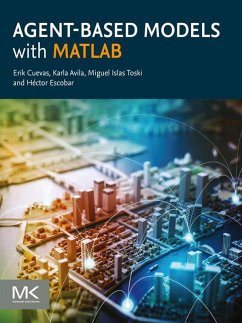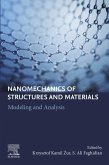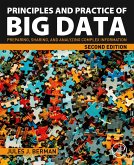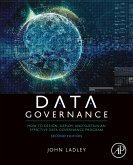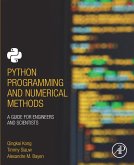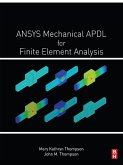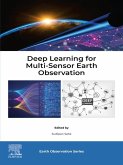Agent-Based Models with MATLAB introduces Agent-Based Modeling (ABM), one of the most important methodologies for complex systems modeling. The book explores computational implementations and accompanying MATLAB software code as a means of inspiring readers to apply agent-based models to solve a diverse range of problems. It comes with a large amount of software code that accompanies the main text, and the modeling systems described in the book are implemented using MATLAB as the programming language. Despite the heavy mathematical components of Agent-Based Models and complex systems, it is possible to utilize these models without in-depth understanding of their mathematical fundamentals.This book enables computer scientists, mathematicians, researchers, and engineers to apply ABM in a wide range of research and engineering applications. It gradually advances from basic to more advanced methods while reinforcing complex systems through practical, hands-on applications of various computational models. - Considers the most crucial methods and models of Agent-Based Models and complex systems - Demonstrates how to use computational implementations in applying Agent-Based Models to solve a diverse range of scientific research and engineering problems - Provides a wide range of hands-on implementation examples, along with MATLAB software code readers can experiment with and modify
Dieser Download kann aus rechtlichen Gründen nur mit Rechnungsadresse in A, B, BG, CY, CZ, D, DK, EW, E, FIN, F, GR, HR, H, IRL, I, LT, L, LR, M, NL, PL, P, R, S, SLO, SK ausgeliefert werden.

